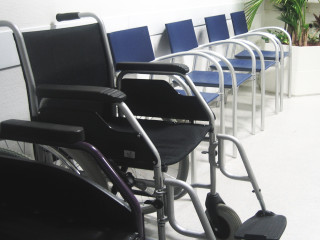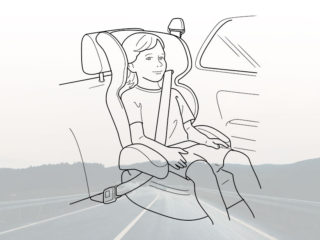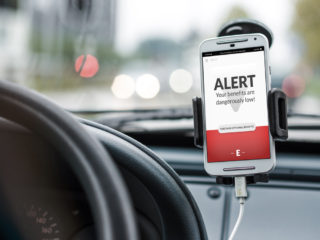In a recent reconsideration decision, the Licence Appeal Tribunal (the “LAT”) reversed its decision which would have barred the applicant from proceeding with a claim for benefits. In that decision, the LAT confirmed the 30-day deadline to submit an OCF-1 does not start until the insured receives the OCF-1 from the insurer.
The Original Decision: Nichols v Gore Mutual Insurance Company, 2022 CanLII 109495
The applicant, Heather Nichols, was injured in a motor vehicle collision on May 17, 2018. She notified her automobile insurer of the collision on May 24, 2018. On May 25, 2018, the insurer, Gore Mutual Insurance Company, sent a letter informing the applicant that she must complete the Application for Benefits (“OCF-1”) and return it to the insurer within 30 days. The insurer did not receive the completed OCF-1 and notified the applicant on June 15, 2018 and September 11, 2018. The insurer closed the file on September 28, 2018. The completed OCF-1 was received after a September 15, 2022 case conference between the parties.
At the hearing of first instance, Adjudicator Kaur concluded that the applicant failed to submit her application for accident benefits outlined in the Statutory Accident Benefits Schedule (the “SABS”). Adjudicator Kaur further concluded that the applicant did not provide a reasonable excuse for her delayed submission. Pursuant to s. 55(1) of the SABS, the applicant was therefore barred from applying to the Tribunal because she failed to submit her application within the times prescribed by s. 32(5) of the SABS.
The Reconsideration Decision:
The applicant sought a reconsideration of the decision pursuant to Rule 18.2(b) of the Common Rules of Practice and Procedure.
The applicant submitted:
- That the LAT made an error of law given that the LAT made a finding of fact that the respondent insurer never at any point supplied the applicant with the OCF-1 as required by s. 32(2)(a). However, it relied on s. 32(5) in disposing the motion, which required the applicant to submit her application within the timelines prescribed in that section (i.e. within 30 days for an OCF-1). The applicant submitted that this decision constituted an error of law such that the result of the motion would have been different had it not been made.
- That the LAT erred in law by deferring to the presumed intent of the legislature when it should have exercised its jurisdiction by necessary implication to fill in a legislative gap. This could and should have been done interpreting the phrase “shall promptly provide” in accordance with its plain and ordinary meaning.
The respondent submitted:
- That the LAT adequately considered and applied the correct interpretation of the law.
- That the applicant’s request for the LAT to step into the shoes of the legislature to fix a gap in legislation would equate to the LAT exceeding its jurisdiction and would be beyond the limits of the LAT’s powers.
Analysis
Rule 18 of the Common Rules of Practice and Procedure set out the grounds for a request for reconsideration. The threshold for reconsideration is high. It is not an opportunity for a party to ask the LAT to reweigh or reconsider evidence or re-litigate its position. A request for reconsideration is only granted when one of the following criteria is met:
a) The LAT acted outside its jurisdiction or violated the rules of natural justice or procedural fairness;
b) The LAT made a significant error of law or fact such that the LAT would likely have reached a different decision;
c) The LAT heard false or misleading evidence from a party or witness, which was discovered only after the hearing and would have affected the result; or
d) There is new evidence that could not have reasonably been obtained earlier and would have affected the result.
Adjudicator Kaur was persuaded that the applicant’s interpretation of s. 32 of the Schedule was correct. Section 32(5) of the SABS states that the applicant shall submit a completed and signed application for benefits to the insurer within 30 days after receiving the application forms. The receipt of the OCF-1 from the respondent is the precondition for the clock to start running with respect to submitting the OCF-1.
Simply put, if the applicant does not receive the OCF-1, then the 30-day time limit to file the OCF-1 does not start.
Since in this case the LAT had found, as fact, that the applicant did not receive the OCF-1 from the respondent insurer, the clock did not start to run. The reconsideration request was granted.
Adjudicator Kaur declined to consider the arguments regarding legislative intent as the reconsideration could be decided on the already identified error of law.












